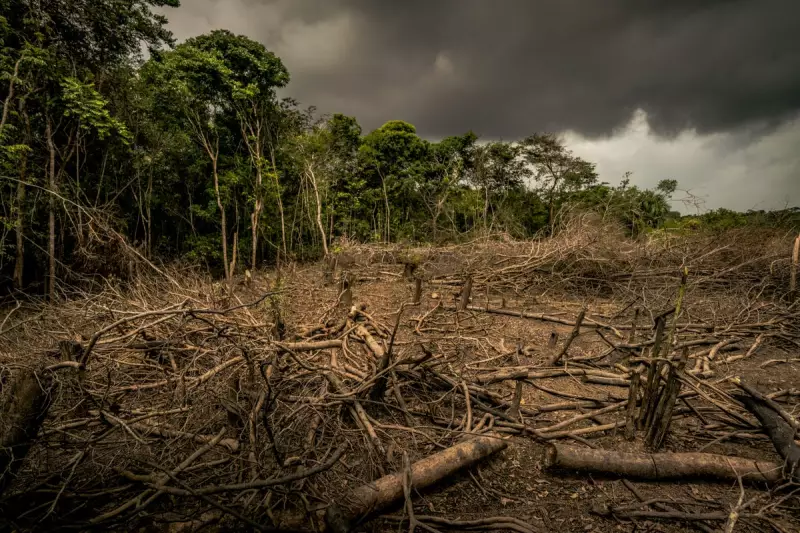
A startling new investigation from the World Wildlife Fund (WWF) has exposed how leading UK supermarkets are driving environmental destruction in South America through their supply chains. The report reveals that household names including Asda and Lidl are sourcing soy from regions experiencing devastating deforestation.
The Hidden Environmental Cost of Your Shopping Basket
According to the comprehensive analysis, millions of tonnes of soy are being imported annually to feed British livestock, with much of it originating from threatened ecosystems in South America. This invisible supply chain connection means that everyday products on supermarket shelves are directly linked to habitat loss and biodiversity decline.
The WWF is urging the UK government to implement stronger regulations that would require businesses to conduct thorough due diligence on their supply chains. "Without robust legislation," the report warns, "British consumers are unknowingly contributing to an environmental crisis thousands of miles away."
Supermarket Sustainability Claims Under Scrutiny
Despite public commitments to environmental responsibility, many retailers are failing to adequately trace the origins of their animal feed. The report highlights significant gaps in transparency and accountability across the sector.
Key findings from the investigation include:
- UK imports contribute to deforestation in critical South American biomes
- Inadequate traceability systems in major supermarket supply chains
- Growing disconnect between corporate sustainability pledges and actual practices
- Urgent need for government intervention to close regulatory loopholes
Call for Legislative Action
Environmental campaigners are demanding that ministers introduce mandatory due diligence requirements for all companies importing forest-risk commodities. Such measures would force businesses to prove their supply chains aren't contributing to deforestation overseas.
"The time for voluntary initiatives has passed," states the WWF report. "We need legally binding obligations that ensure British businesses aren't profiting from environmental destruction."
The findings come amid growing consumer concern about the ecological footprint of food production and increasing scrutiny of corporate environmental claims. With climate change and biodiversity loss accelerating, pressure is mounting on both retailers and policymakers to deliver meaningful change.





